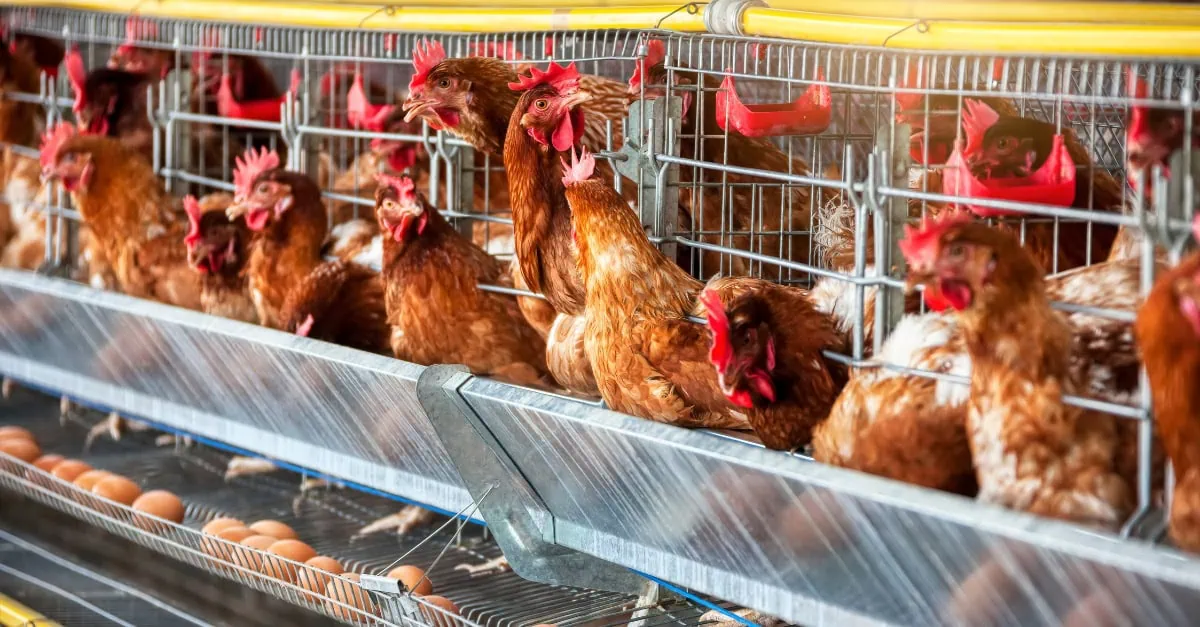European egg prices continue climbing as avian flu outbreaks intensify across Germany, France, and the Netherlands, with the latter confirming a major cull of 62,000 hens in a densely populated poultry region, while producers brace for sharp November energy cost spikes.
Germany continues to report sustained avian flu activity, recording 25 farm cases in the past two weeks, while France has seen a rising number of infections with 33 cases over the same period. The Netherlands confirmed a major outbreak in Terschuur last week, requiring the culling of 62,000 hens in a densely populated poultry region with 182 farms in close proximity.
EFSA’s Bird Flu Radar shows Germany, Belgium, and the Netherlands under highest risk of contamination based on wild bird patterns over the next seven days.
Continuously growing retail preference for high-welfare production continues to push free-range demand higher, but repeated disease events and years of margin pressure have eroded the producer base. The supply of free-range and organic shell eggs remains tight, while KAT-certified eggs have become virtually unobtainable since last year.
Mandatory indoor hen housing is now in effect in Belgium, UK, Northern Ireland, France, Germany, and the Netherlands due to disease pressure.
Shell egg prices continue to climb, reflecting limited supply and resilient demand, though the current trajectory is following typical seasonal patterns. Vesper’s Price Index shows caged eggs for retail at EUR 2.76/kg, barn eggs at EUR 3.01/kg, free-range at EUR 3.30/kg, and organic at EUR 3.73/kg.
Energy costs for most major EU producers have stayed broadly flat year-over-year, with Spain showing slightly higher annual averages. However, producers expect a sharp spike in November as heating demand increases and regional power markets tighten.
Much of Europe has been hit by Arctic air masses, increasing heating requirements for poultry housing. Lower temperatures raise mortality risk, reduce productivity, and push energy use higher.
In the US, Indiana has been heavily impacted by avian flu, reporting 26 outbreaks in the last two weeks affecting 586,800 poultry birds, though most cases have been in the same county, reflecting successful containment. Prices for shell eggs weakened ahead of Thanksgiving but are expected to remain strong heading into early December as consumers and bakeries prepare for the cookie-baking season.
This egg news is part of a more comprehensive egg market analysis, for the full analysis, visit: https://app.vespertool.com/market-analysis/2484
